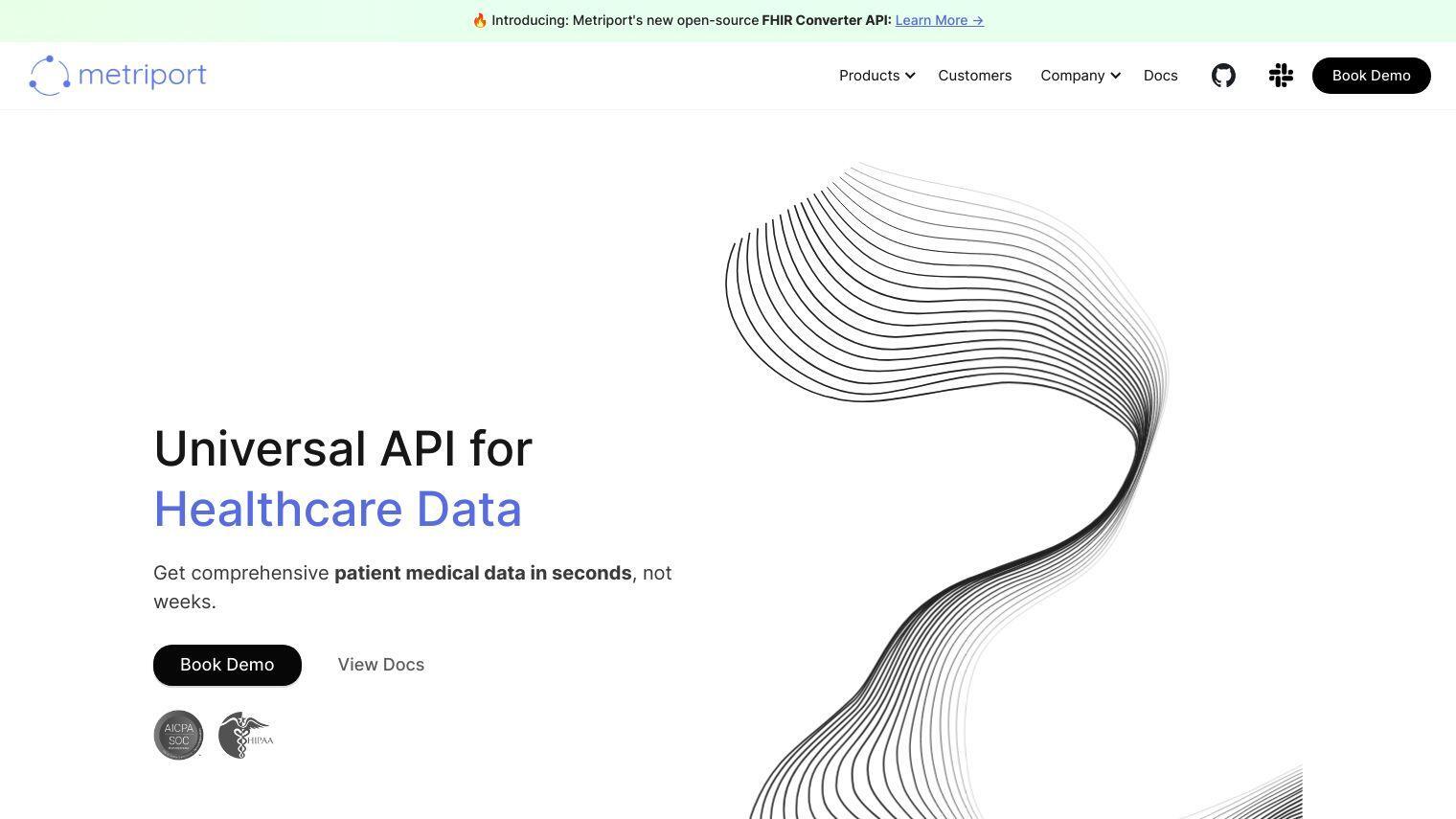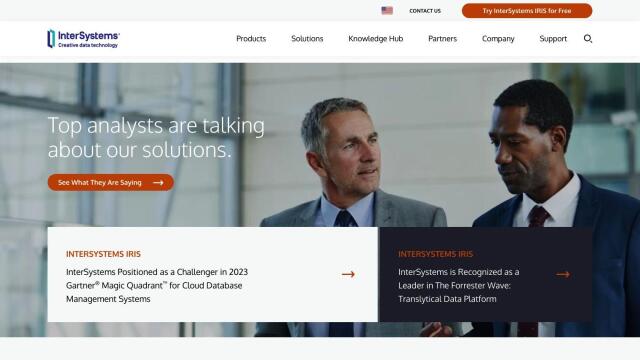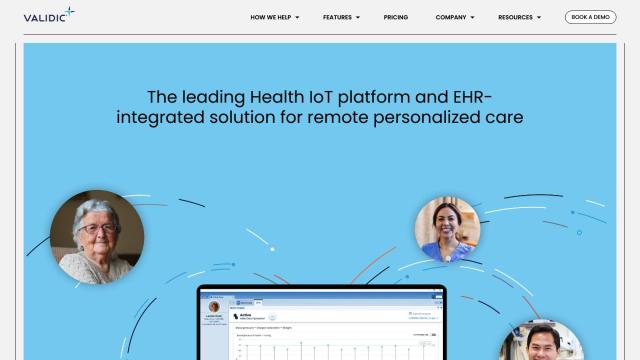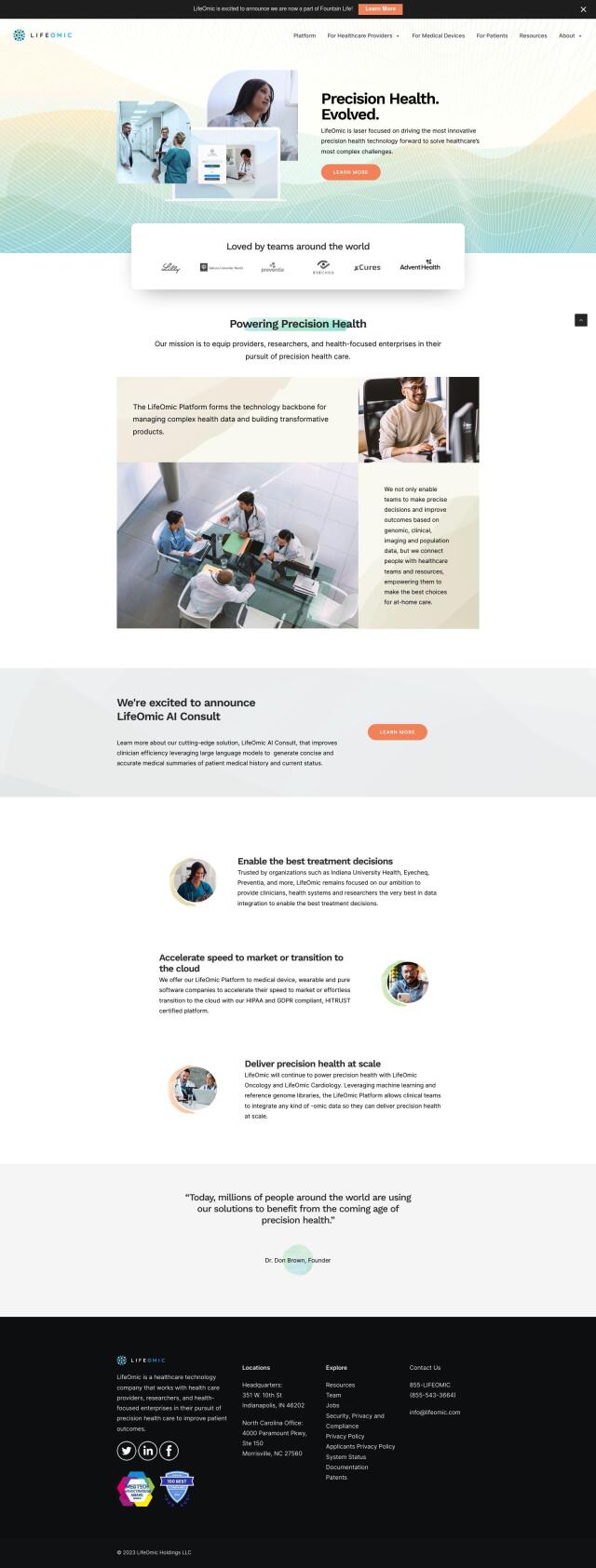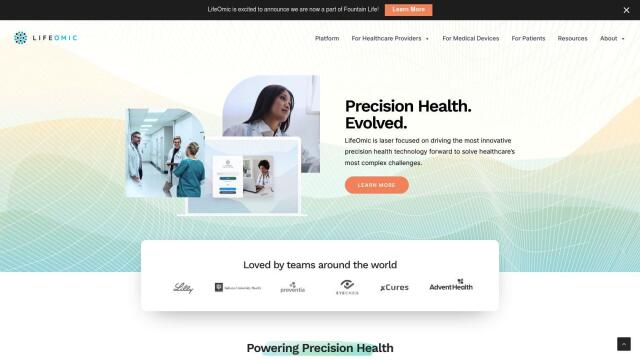Metriport also offers an open-source API that healthcare providers and developers can use to retrieve and manage patient health and medical information. It's designed to be a one-stop shop for getting patient medical records, with a focus on point-of-care convenience.
Metriport's API can tap into data from the country's biggest health information networks, CommonWell and Carequality. That data includes medical history, conditions, medications, encounter notes, lab results, allergies, progress notes, prescriptions, imaging, vital signs, risk assessments and family medical history. The API can return data in several formats, including FHIR R4, C-CDA and PDF, to accommodate different health care systems.
The platform also comes with a no-code provider dashboard for accessing patient medical records. The dashboard can be used to register facilities and patients, retrieve and manage records, and explore data with tools like FHIR explorer and PDF converter.
Metriport normalizes data with medical coding standards like ICD-10, SNOMED and RxNorm, and it uses its FHIR Converter API to rapidly convert C-CDA documents into structured FHIR R4 data for better data exchange interoperability.
Among Metriport's features are:
- Comprehensive Patient Data: Retrieve patient medical history, conditions, medications and more.
- Provider Dashboard: No-code interface for easy patient medical record access.
- FHIR Converter: Convert C-CDA documents into structured FHIR R4 data.
- API Integration: One API to integrate with multiple health information networks.
- Open-Source Code: Transparent, reliable and collaborative codebase.
- Security: SOC 2 Type II, HIPAA compliant, externally audited, fully encrypted and multi-factor authentication.
Metriport is geared for health care organizations that want to get a better handle on patient data and thus improve the care experience. Its open-source nature and transparent codebase are likely to appeal to organizations that value reliability and collaboration. Pricing isn't publicly disclosed, but interested parties can contact Metriport for a discussion of their particular needs.
Metriport touts its customer support and developer resources, including 24/7 support, public documentation and SDK packages. But it doesn't reveal the pricing tiers or rates. The platform does offer a free cloud option with sample clinical data in Sandbox, though, so you can try it out and evaluate it.
Published on June 14, 2024
Related Questions
Tool Suggestions
Analyzing Metriport...

